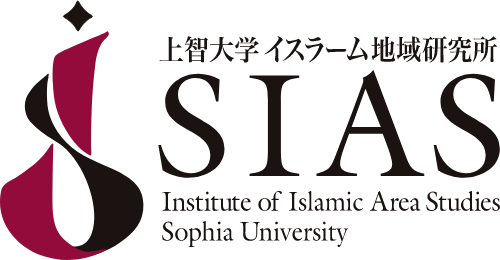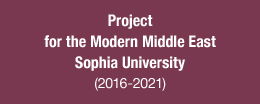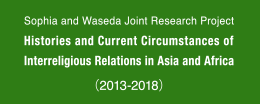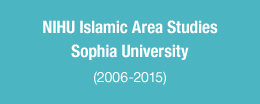SIAS-IRH-KRCSS Joint Lecture
Naqshbandi-Wahhabi rivalry as a major force in the modernization of the Islamic world
Monday February 12, 2024
The Institute of Islamic Area Studies, in collaboration with the Institute for Research in Humanities, Kyoto University and the Kenan Rifai Center for Sufi Studies, Kyoto University, will hold a guest lecture of Prof. Michael LEEZENBERG.
Michael LEEZENBERG (University of Amsterdam)
"Naqshbandi-Wahhabi rivalry as a major force in the modernization of the Islamic world"
YAMAGUCHI Akihiko (Sophia University) yamaguci@sophia.ac.jp
Everybody is familiar with the importance of Muhamad ibn ‘Abd al-Wahhâb and the Wahhâbî movement for the development of Islam in the modern world. Far less well known are the Kurdish-born Mawlana Khalid al-Shahrazori and the Khalidiyya branch of Naqshbandi Sufism he created and spread. Thus, Mawlana and his movement are completely absent in standard works on ‘modern Islam,’ like John Voll’s 1994 Islam: Continuity and Change in the Modern World and, more recently, Ahmed Dallal’s 2018 Islam Without Europe: Traditions of Reform in 19th-Century Islamic Thought. Yet, reformist Khalidi-Naqshbandi Sufism was arguably a major factor in 19th- and 20th-century developments in the Ottoman empire and its successor states. Moreover, we gain a better understanding of Mawlana Khalid by exploring not only his enduring legacy in the post-Ottoman world, but by also paying attention to his specifically Kurdish backgrounds.
In this presentation, I will briefly trace the character and importance of Khalidi-Naqhsbandi Sufism in the 19th-century Ottoman empire and beyond, and explore to what extent it was driven by a specifically anti-Wahhâbî animus. In conclusion, I will briefly discuss whether and how these movements may be seen as marking distinctly ‘modern’ forms of religiosity.





